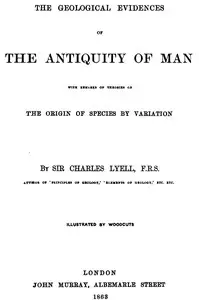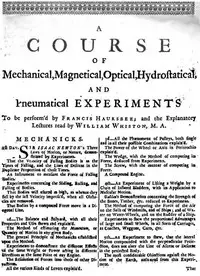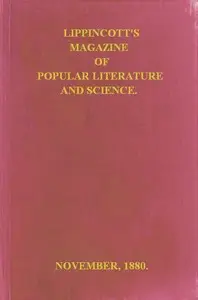"The Antiquity of Man" by Sir Charles Lyell is a foundational scientific publication written in the mid-19th century. This work primarily explores the geological evidence supporting the ancient existence of humans in connection with extinct species. Lyell's analysis builds upon the earlier theories of evolution, particularly those introduced by Darwin, and he meticulously examines archaeological findings, such as human fossils and ancient tools, to argue for the deep historical roots of humanity. At the start of the volume, Lyell sets the stage for his investigation into human antiquity by discussing the recent discoveries that have stirred public and scientific interest in the subject. He emphasizes the significance of findings from various caves and regions across Europe that suggest the coexistence of early humans and extinct mammals. He introduces the conceptual framework for discussing periods like the Pleistocene and the Recent, setting the groundwork for analyzing evidence from archaeological sites and fossils while also addressing the challenges posed by earlier geological interpretations and classifications. Through his detailed observations and empirical evidence, Lyell embarks on a journey that aims to redefine the timeline of human history in the context of natural history and geology. (This is an automatically generated summary.)

The Antiquity of Man
By Charles Lyell
"The Antiquity of Man" by Sir Charles Lyell is a foundational scientific publication written in the mid-19th century. This work primarily explores the...
Sir Charles Lyell, 1st Baronet, was a Scottish geologist who demonstrated the power of known natural causes in explaining the earth's history. He is best known today for his association with Charles Darwin and as the author of Principles of Geology (1830–33), which presented to a wide public audience the idea that the earth was shaped by the same natural processes still in operation today, operating at similar intensities. The philosopher William Whewell dubbed this gradualistic view "uniformitarianism" and contrasted it with catastrophism, which had been championed by Georges Cuvier and was better accepted in Europe. The combination of evidence and eloquence in Principles convinced a wide range of readers of the significance of "deep time" for understanding the earth and environment.
















